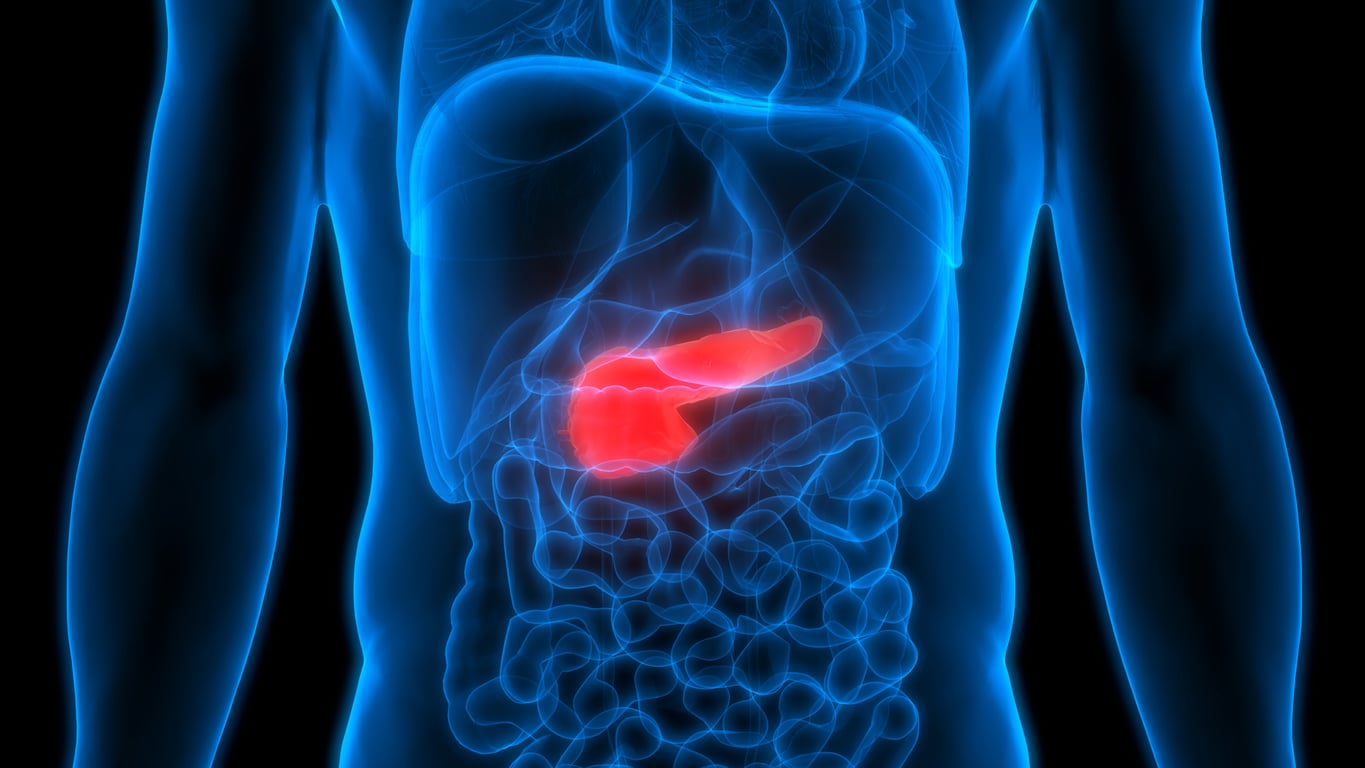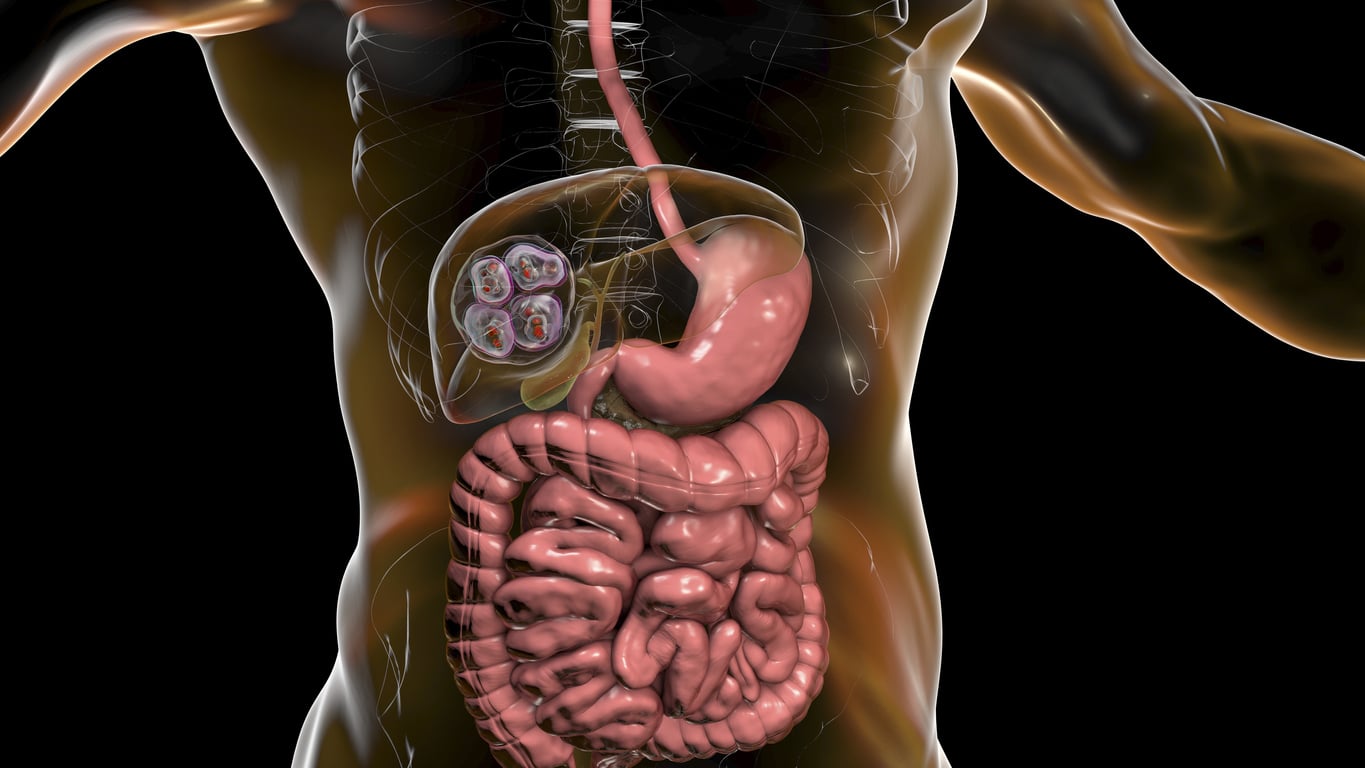Everything You Need To Know About Metastatic Breast Cancer
Breast cancer is the most common cancer in women in the United States, with the exception of skin cancer, accounting for about 30% (or 1 in 3) of all new diagnosis in females each year. The American Cancer Society’s estimates there will be 287,850 new cases of invasive breast cancer in the United States in 2022.
Breast cancer becomes extremely serious when it reaches stage 4, also known as metastatic breast cancer. Search below to learn what signs to look out for:
Related Topics (Ads):
Metastatic breast cancer also has a high mortality rate. Roughly 22 percent of patients who suffer from this type of cancer survive despite the fact that there is a 5-year survival rate. Some metastatic breast cancer patients manage to live longer when they go through aggressive treatment options.
Spread of Breast Cancer
Usually, it will take years before the cancer spreads to the other parts of the body. This is the reason why when the disease is diagnosed at an early stage, the survival rate is high. However, once the cancer beings to spread it puts every part of the body at risk. Some body parts and organs are more prone to contract cancer that has metastasized like the brain, liver, lungs, and bones.
What are the symptoms that are indicative of breast cancer?
-
Patients with metastatic breast cancer usually experience weight loss, which happens due to lack of appetite and muscle wasting. A reduced desire to eat is one of the common characteristics among cancer patients. Weight loss particularly becomes more dramatic if the liver is also affected.
-
Metastatic breast cancer patients also experience a lot of fatigue. Patients may wake up feeling extra tired, even if they sleep well during the night. They may also feel exhausted after simple tasks such as opening a door or even taking a walk. Even worse is the fact that the feeling of extreme tiredness tends to occur all the time.
-
Depression is also a common symptom in cancer patients and especially those who have metastatic breast cancer. This is why it is important for one to monitor their health situation, especially if they feel depressed, and more importantly, to seek a medical opinion.
-
Patients may also suffer from malignant growth in the liver, which leads to severe symptoms such as vomiting and abdominal pain.
-
Breast cancer may also cause weak bones, especially when it spreads to the bones. This may lead to fractures in the bones caused by regular or mundane activities such as walking.
-
If breast cancer spreads to the lungs, it may cause shortness of breath or even severe coughing because the lungs cannot function well. It may also cause the buildup of fluid in the lungs, thus leading to restricted breathing.
-
If brain cancer spreads to the brain, patients start experiencing symptoms such as seizures, headaches, personality changes, and dizziness.
Available treatment options for metastatic breast cancer
Chemotherapy is the most common approach for combatting most cancers, including breast cancer. This is because it kills cancerous cells, causing cancer to shrink. However, the treatment also takes a toll on the patient and may have side-effects such as nausea and hair loss.
Radiation therapy can also be applied in an attempt to kill the cancerous cells. This approach is usually applied when cancer spreads to other parts of the body. This option, however, requires patients to adjust their diet as per the doctor’s guidelines. This is because the process also affects body tissue, and many calories are required to rebuild damaged tissue.
Related Topics (Ads):
Targeted therapy is where special drugs are used. The advantage is that this approach does not harm healthy body cells, and so patients do not suffer exhaustion when they go through the treatment process.
Surgery is often used to supplement other treatment options. For example, a localized breast tumor can be removed through surgery, and then the patient goes through other treatment options to kill any other types of cancer cells that might be remaining in the body.
Related Topics (Ads):




